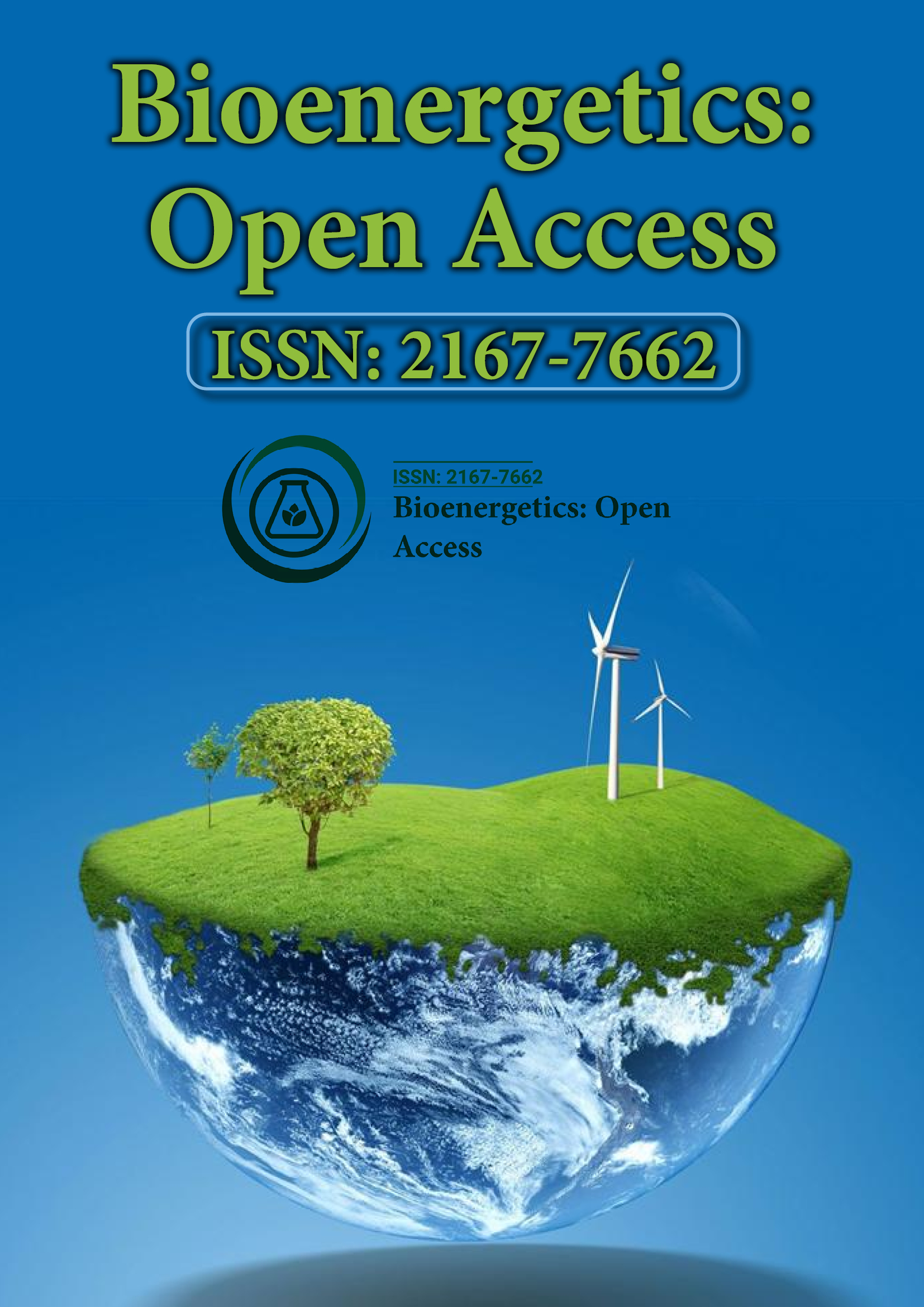Indexed In
- Open J Gate
- Genamics JournalSeek
- Academic Keys
- ResearchBible
- RefSeek
- Directory of Research Journal Indexing (DRJI)
- Hamdard University
- EBSCO A-Z
- OCLC- WorldCat
- Scholarsteer
- Publons
- Euro Pub
- Google Scholar
Useful Links
Share This Page
Journal Flyer

Open Access Journals
- Agri and Aquaculture
- Biochemistry
- Bioinformatics & Systems Biology
- Business & Management
- Chemistry
- Clinical Sciences
- Engineering
- Food & Nutrition
- General Science
- Genetics & Molecular Biology
- Immunology & Microbiology
- Medical Sciences
- Neuroscience & Psychology
- Nursing & Health Care
- Pharmaceutical Sciences
Abstract
Mental Work Stimulates Cardiovascular Responses through a Reduction in Cardiac Parasympathetic Modulation in Men and Women
Emilie Pérusse-Lachance, Angelo Tremblay, Jean-Philippe Chaput, Paul Poirier, Normand Teasdale, Vicky Drapeau, Caroline Sénécal and Patrice Brassard
Mental Work (MW) stimulates Cardiovascular (CV) functions in healthy adults and a reduction in cardiac parasympathetic modulation could be one mechanism involved in such a response. The influence of sex on these CV responses remains ambiguous. The aim of the study was to evaluate CV impacts of MW in healthy individuals and whether sex influences CV responses induced by MW. The impact of a 45-min reading and writing session vs. a control condition, on Blood Pressure (BP), Heart Rate (HR), and Heart Rate Variability (HRV), was evaluated in 44 healthy adults with the use of a randomized crossover design. The influence of sex on those variables was then evaluated. Diastolic BP (74 ± 1 vs. 69 ± 1 mmHg; p < 0.05) and mean arterial pressure (MAP; 87 ± 7 vs. 83 ± 8 mmHg; p<0.005), HR (68 ± 1 vs. 62 ± 1 bpm; p<0.0001) and low frequency/high frequency ratio (2.8 ± 0.1 vs. 2.0 ± 0.1; p < 0.0001) were higher, while global HRV (SDNN: 84 ± 3 vs. 104 ± 3 ms; p<0.0001) and cardiac parasympathetic activity were lower during MW (p<0.0001) vs. the control condition in the whole sample. During both experimental conditions, HR was higher (p<0.0001), while BP, rMSSD, pNN50 and low frequency component of HRV were lower in women compared to men (all p<0.05). The intensity of the cognitive demand and its influence on CV variables were comparable between men and women. These results support that MW increases BP and HR through decrement in cardiac parasympathetic modulation in healthy subjects and suggest that sex does not influence CV responses induced by cognitive demand of similar intensity.
